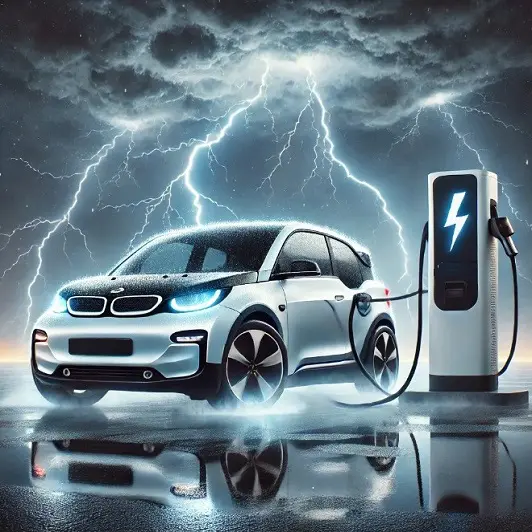A new fast-charging battery technology from Nyobolt that can charge an EV battery from 10 to 80 per cent in just under five minutes has just successfully completed its first demo road test.
Live Demo
Founded in 2019, Cambridge-based EV battery company Nyobolt has just conducted its first live road test demo of the new battery in Bedford, in front of an invited audience of industry professionals. The new battery, which was fitted to a sports car and tested over two days, achieved a range of 120 miles after four minutes. The company says this was achievable because the first four minutes are at a constant current of 500A.
Still A Success Despite Challenges On The Day
In lab conditions, the fast-charging battery can charge from 0 per cent to 100 per cent in six minutes but on the day, factors like the hot weather, issues with the car’s cooling system, plus having to use an on-site charger (not made by Nyobolt) meant that it only charged from 10 per cent to 80 per cent in four minutes and 37 seconds. However, that is still a very impressive result considering that a Tesla supercharger takes 15-20 minutes to charge a car battery to 80 per cent. Using a 350kW DC charger, Nyobolt says its batteries can charge at twice the speed of the fastest-charging vehicles on the road without the degradation typically associated with lithium-ion batteries.
Fast Charge And Retention
Nyobolt also points out that independent testing of its technology by a leading global OEM has confirmed that its longer-lasting (and more sustainable batteries) can achieve over 4,000 fast charge cycles, or 600,000 miles, maintaining over 80 per cent battery capacity retention. This is considerably higher than the warranties of much larger EV batteries on the road today and highlights longer-lasting performance benefit of Nyobolt’s battery technology.
Benefits
The company says its ultra-fast charging battery eliminates slow and inconvenient recharge stops, i.e. it saves time and combats ‘range anxiety’.
In Talks With Other OEMs
Nyobolt doesn’t intend to make its own EVs but says it is now in talks with eight OEMs about using its technology in high performance EVs.
Lighter EVs
Nyobolt also says that the fact that the 35kWh battery pack, as tested in the EV prototype, is compact could also benefit car makers and motorists, enabling energy-efficient electric vehicles that are cheaper to buy and run, and use fewer resources to manufacture.
Nyobolt’s co-founder and CEO, Dr Sai Shivareddy says: “Our Nyobolt EV demonstrates the efficiency gains facilitated by our fast-charging, longer-life battery technology, enabling capacity to be right-sized while still delivering the required performance,” and adds “Nyobolt is removing the obstacle of slow and inconvenient charging, making electrification appealing and accessible to those who don’t have the time for lengthy charging times or space for a home charger.”
What Does This Mean For Your Organisation?
Nyobolt’s groundbreaking fast-charging battery technology could be transformative for various stakeholders within the EV ecosystem. For Nyobolt itself, this development not only validates their technological innovations but may well also position them at the forefront of the EV battery market. The successful demonstration in Bedford, despite the challenges faced, highlights their capability to deliver a product that can significantly reduce charging times while maintaining high performance and longevity. This achievement is likely to attract further interest from OEMs and investors (8 are interested already), accelerating Nyobolt’s growth and market penetration.
For other EV manufacturers, the introduction of Nyobolt’s technology presents both an opportunity and a challenge. The ability to charge an EV battery to 80 per cent in under five minutes sets a new benchmark in the industry and is likely to compel other manufacturers to either adopt this technology or innovate rapidly to remain competitive. This could lead to a surge in partnerships and collaborations as manufacturers try to integrate these advanced batteries into their next-generation vehicles. Also, the focus on sustainability and longer battery life aligns with the broader industry goals of reducing environmental impact and improving the overall efficiency of EVs.
The EV market as a whole stands to benefit significantly from this technological leap. The reduction in charging times addresses one of the primary concerns of potential EV buyers – range anxiety. Faster charging infrastructure will likely catalyse broader adoption of EVs, as it makes the transition from traditional petrol and diesel vehicles more seamless. The compact nature of Nyobolt’s battery packs means vehicles can be lighter and more energy-efficient, potentially lowering the cost of EVs and making them more accessible to a wider audience. This could lead to a more rapid shift towards electric mobility, reducing the carbon footprint of the transportation sector.
For EV buyers, Nyobolt’s technology promises a more convenient and user-friendly experience, i.e. the ability to recharge quickly and efficiently means less time spent at charging stations and more time on the road. This may be particularly appealing to those with busy lifestyles or limited access to home charging setups. Also, the extended battery life and capacity retention may translate to lower long-term costs and enhanced vehicle reliability. As a result, consumers can expect a more cost-effective and sustainable ownership experience, which could drive higher satisfaction and loyalty within the EV market.
Nyobolt’s fast-charging battery technology, therefore, could herald a new era in the EV industry (which needs a boost about now), offering substantial benefits across the board. From improving Nyobolt’s market position and challenging other manufacturers to elevate their offerings, to making EVs more appealing and accessible to consumers, this innovation could reshape the landscape of electric mobility in the UK and beyond. Organisations within the EV sector will, no doubt, be closely monitoring these developments and considering how to integrate or respond to this technology to stay ahead in a rapidly evolving market.


